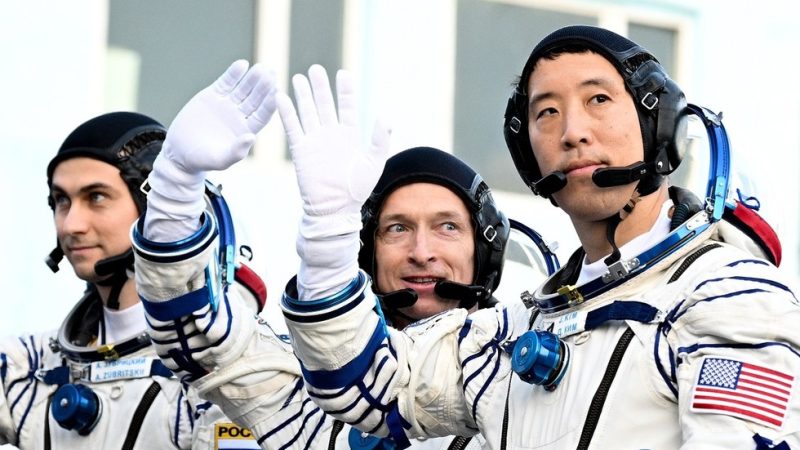
The ongoing conflict between Russia and Ukraine has taken a dramatic turn, spilling over into the seemingly apolitical realm of space exploration. Aleksey Zubritsky, a Russian cosmonaut currently serving on the International Space Station (ISS), finds himself at the center of a significant legal battle. Ukrainian authorities have reportedly placed him on a wanted list, accusing him of draft dodging and treason. The implications are far-reaching, raising questions about international cooperation in space and the complexities of navigating geopolitical tensions in an environment where collaboration is paramount.
According to reports, Zubritsky’s name appears in the Ukrainian Defense Ministry’s database of individuals suspected of evading military service. This, coupled with allegations of treason, has led to a request for a 15-year prison sentence should he ever set foot on Ukrainian soil. The specifics of the treason charges remain unclear, but the move highlights the deep animosity between the two nations, extending even to individuals operating in a space considered largely beyond national conflict.
Zubritsky’s case presents a unique challenge to international law and the norms governing space exploration. The ISS is a collaborative project involving multiple nations, and its operation relies on a spirit of cooperation. This legal action threatens to disrupt that delicate balance. The potential for future complications is significant, as it raises questions about the legal status of astronauts and cosmonauts from warring nations working together on international projects.
The situation also underscores the personal toll of the conflict. While Zubritsky may be a symbol of a broader geopolitical struggle, he is also an individual whose career and personal life are now profoundly impacted by the political tensions between his home country and Ukraine. His future, both in space and on Earth, hangs in the balance.
This legal pursuit adds another layer of complexity to an already fraught situation. It remains to be seen how this will impact future collaborations in space and whether this will set a precedent for similar actions in the future. The international community will be watching closely as this unprecedented situation unfolds.










